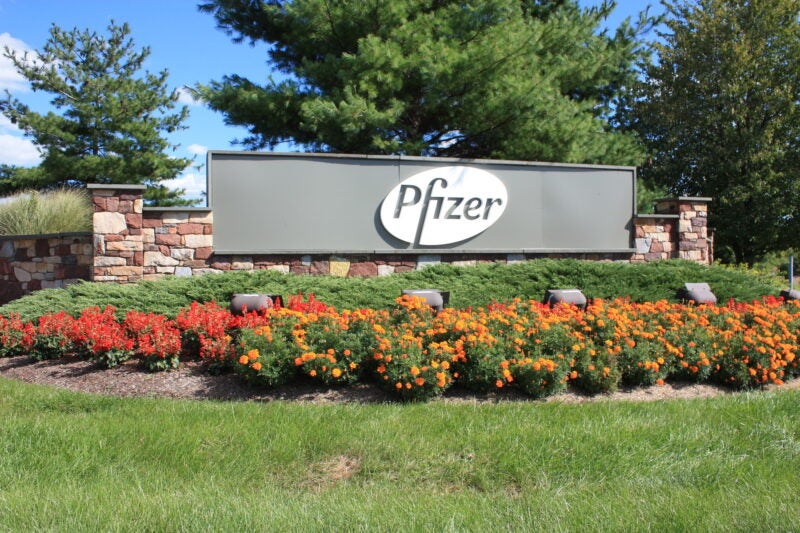
Pfizer has concluded the acquisition of clinical-stage biopharmaceutical firm ReViral for a total deal value of up to $525m.
In April this year, Pfizer entered a definitive agreement to acquire ReViral and its respiratory syncytial virus (RSV) treatment candidates.

Discover B2B Marketing That Performs
Combine business intelligence and editorial excellence to reach engaged professionals across 36 leading media platforms.
The deal value comprises upfront and development milestone payments.
ReViral focuses on the discovery, development and commercialisation of new antiviral therapies that act on the RSV.
With the acquisition, Pfizer will gain rights to ReViral’s portfolio of therapeutic candidates, including sisunatovir.
An oral inhibitor designed to hinder fusion of the RSV virus to the host cell, sisunatovir showed to lower viral load in a Phase II RSV human challenge trial in healthy adult subjects.

US Tariffs are shifting - will you react or anticipate?
Don’t let policy changes catch you off guard. Stay proactive with real-time data and expert analysis.
By GlobalDataFurthermore, the therapeutic candidate is presently in the Phase II development stage in infants.
The development programme for sisunatovir is anticipated to progress in adult as well as paediatric subjects.
A second programme of the company focuses on hindering RSV replication by acting on the viral N protein.
The lead candidate in this programme is presently in Phase I clinical development stage.
The ReViral takeover is expected to extend the anti-infective pipeline of Pfizer and bolster commitment to developing therapies and vaccines against RSV.
Pfizer Development and Medical Worldwide Research chief scientific officer and president Mikael Dolsten said: “We are excited to bring ReViral’s promising investigational treatments for RSV into our anti-infective pipeline at Pfizer.
“We believe these therapeutic candidates – and the scientific expertise that has advanced their development – will complement our ongoing work to help combat RSV infections, and we look forward to welcoming our new colleagues to further support these endeavours.”



